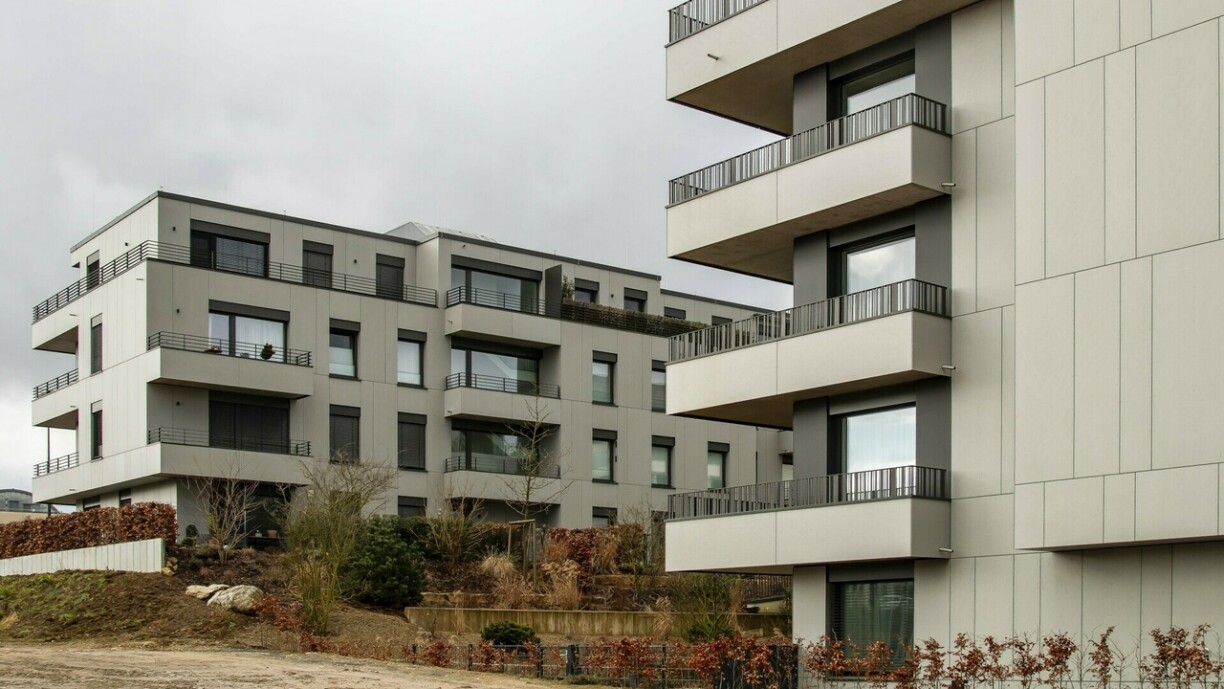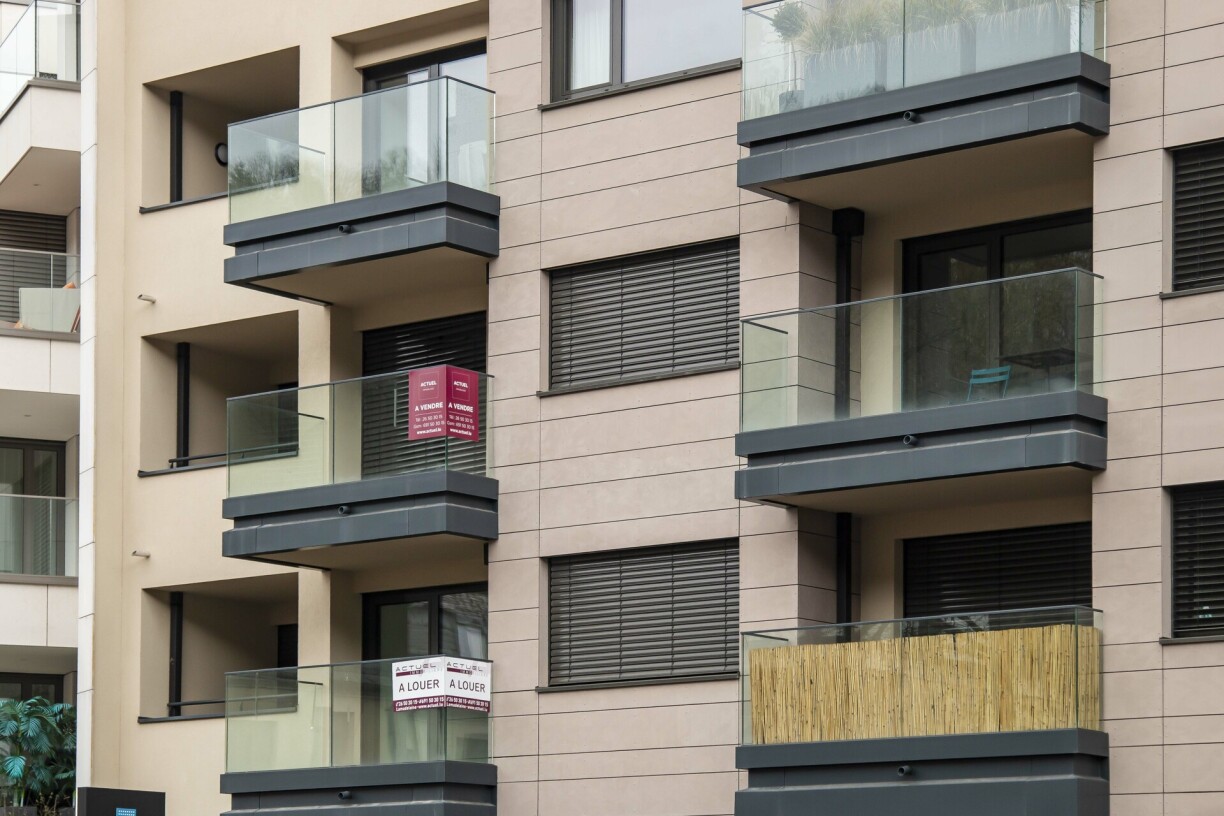
Minister of Housing Claude Meisch has expressed pessimism about the future of Luxembourg’s property market, stating he fears a “new explosion in prices” in the event of an economic recovery.
In an interview with our colleagues from RTL Infos, the minister acknowledged that despite a generous government housing package, the market for new-build properties remains in a “delicate situation”. He noted that while state measures have stabilised the existing property market, new construction has stagnated at levels far below those seen before the recent “interest rate crisis”.
This stagnation exacerbates a pre-existing housing deficit. Even before the rate hikes, construction was failing to meet demand. According to the National Institute of Statistics and Economic Studies (STATEC), an estimated 6,000 new homes are needed annually to accommodate new arrivals, yet the country was building an average of only 3,200 per year. This shortfall was recently quantified by the Chamber of Skilled Trades and Crafts, which estimated a deficit of 6,000 homes over the last two years.
The Chamber’s director recently stated that “the housing shortage is getting worse”, an assessment with which Minister Meisch did not disagree.

Minister Meisch is now questioning the very model that has long underpinned new construction: the sale of properties off-plan (VEFA). “We don’t know if this model will regain the strength it had”, he stated, suggesting a need to “look for alternatives, new models” – a task he confirmed his ministry is actively undertaking.
To address this “long-term” crisis, the Minister is prioritising partnerships between public and private actors. He confirmed the state is continuing to purchase project developments to convert them into affordable housing but acknowledged this measure alone is insufficient.
One promoted alternative is the development of mixed-use projects that blend traditional and affordable housing. According to Meisch, this model offers a practical solution by allowing developers to “bypass part of the financing problem” through pre-selling a portion of the project to the state, which he identified as the single biggest obstacle for developers today.
The government is also exploring innovative financing avenues. Minister Meisch mentioned potential models such as “tokenisation” and “crowdfunding”, and noted that the planned “Biergerfong” (citizens’ fund) is another initiative outlined in the coalition agreement aimed at addressing the funding challenge.

Minister Meisch has emphasised that solving the housing shortage requires a collective effort, identifying the thousands of unoccupied properties in Luxembourg as a significant potential reserve. “We estimate there are between 7,000 and 9,000 of them on the market”, he stated, highlighting a source of housing that could be mobilised.
While experts like Antoine Paccoud of the Housing Observatory and economist Michel-Edouard Ruben have cautioned that these figures may be imprecise, they nonetheless point to a considerable stock of housing that could alleviate market pressures.
The minister pointed to Social Rental Management as a key tool to incentivise owners to rent out their properties. For those who remain reluctant, Meisch assured that he is prepared to “tighten the screws” if necessary, a clear reference to the national tax on unoccupied housing.
However, the implementation of such a tax is not imminent. Minister Meisch clarified that it is contingent on the prior creation of the National Buildings and Housing Register (RNBL). “It’s obvious that we need to know how many homes we have, otherwise we can’t develop a concrete policy”, he stated.

When questioned about a potential rebound in the off-plan sales market, Minister Meisch voiced significant concerns. He pointed to a diminished national capacity to build, citing builder bankruptcies and the departure of skilled workers during recent crises. Given this weakened foundation, the minister stated that a “rapid” recovery is not a desirable outcome.
He explained that this caution stems from a critical market imbalance: construction has lagged for years, while demand remains persistently high due to steady levels of new arrivals. In this context, a sudden market improvement could trigger a sharp surge in prices.
“That’s why we mustn’t go too far [with aid] or too fast”, Meisch concluded.